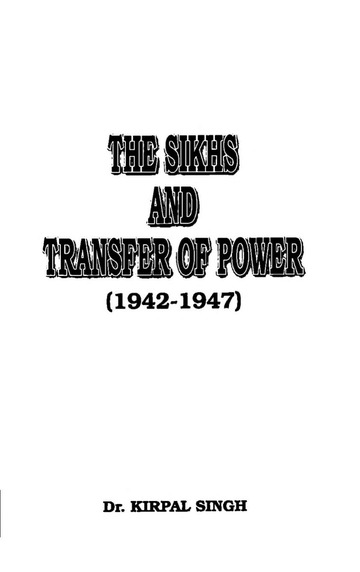BHAGWAN SINGH GYANEE (d. 1962). prominent Ghadr leader, was born the son of Sarmukh Singh of the village of Varing, 15 km east of Tarn Taran in Amritsar district of the Punjab. Their ancestors, Kashmir! Brahmans, had migrated to the Punjab during the seventeenth century. Bhagwan Singh learnt Urdu at the village school and then joined Gurmat Vidyala, a missionary school at Gharjakh, in Gujranwala district, from where he passed the gyani examination. He was employed as a teacher in the Gurmat Vidyala, shifting after a short while to Khalsa School, Daska, in Sialkot district, where he studied Vedanta under Sadhu Har Bilas.
- 1
- 2







